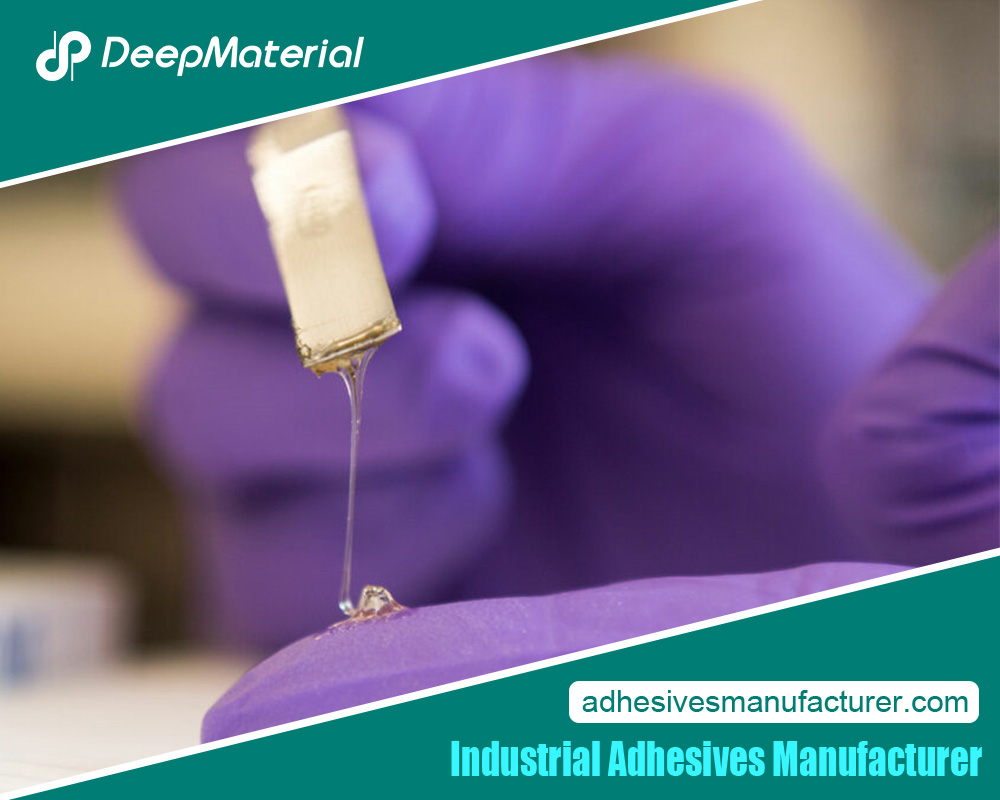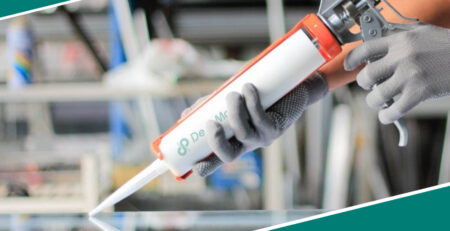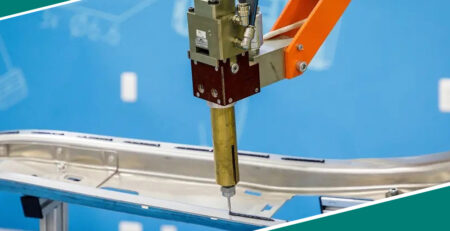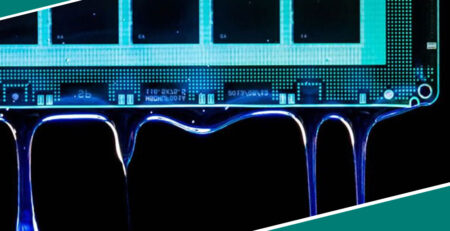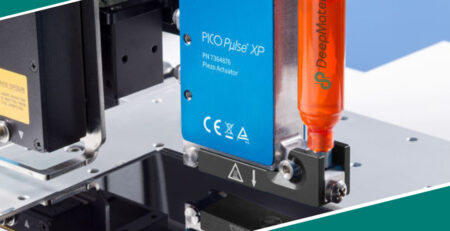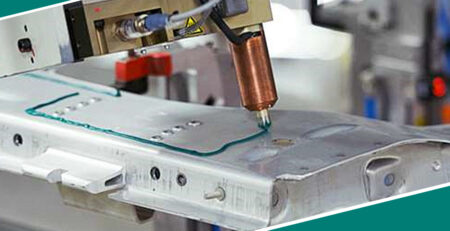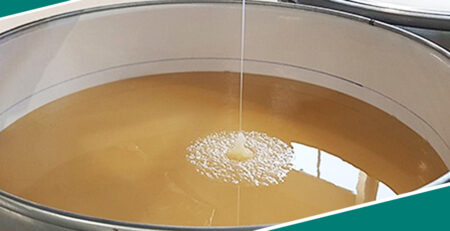The Evolving World of Industrial Adhesives Manufacturers
The Evolving World of Industrial Adhesives Manufacturers
Industrial adhesives have become an integral part of modern manufacturing, enabling the assembly of various products across diverse industries. Industrial adhesives are crucial in providing strong, durable, and often specialized bonding solutions, from construction materials to aerospace components. At the forefront of this dynamic industry are the manufacturers who continually innovate to meet the evolving needs of their customers.
The Rise of Specialty Adhesives
In the early 2000s, traditional adhesive types such as epoxies, acrylics, and silicones dominated the industrial adhesives market. However, as manufacturing processes became more complex and the demand for specialized solutions grew, adhesives manufacturers responded by developing a new generation of specialty adhesives. One prominent example is the rise of structural acrylic adhesives.
These modified acrylic formulations, often incorporating rubber or polyurethane components, provided improved gap-filling capabilities, high shear resistance, and enhanced impact and peel strength compared to their predecessors. Their ability to bond a wide range of materials, including metals, plastics, and composites, made them increasingly popular in construction, transportation, and marine industries.
Similarly, the demand for adhesives with superior environmental and performance characteristics led to the development of advanced silicone-based adhesives. These semi-structural silicone formulations offered high flexibility, excellent weathering resistance, and the ability to bond dissimilar materials, making them well-suited for applications like structural glazing and facade construction.
Addressing Industry-Specific Needs
As manufacturing processes became more specialized, adhesive manufacturers recognized the importance of tailoring their products to meet the unique requirements of different industries. In the automotive sector, for example, the growing use of lightweight materials and the shift towards electric vehicles drove the need for adhesives that could effectively bond dissimilar materials, such as metals and composites, while also providing high strength and impact resistance.
Manufacturers responded by developing advanced structural adhesives and self-piercing riveting systems to cater to these evolving demands. Similarly, the increasing focus on energy efficiency and sustainable building practices in the construction industry led to the development of adhesives that could bond insulation materials, provide airtight seals, and withstand harsh environmental conditions. These specialized construction adhesives often incorporated low-VOC formulations, high flexibility, and enhanced weathering resistance.
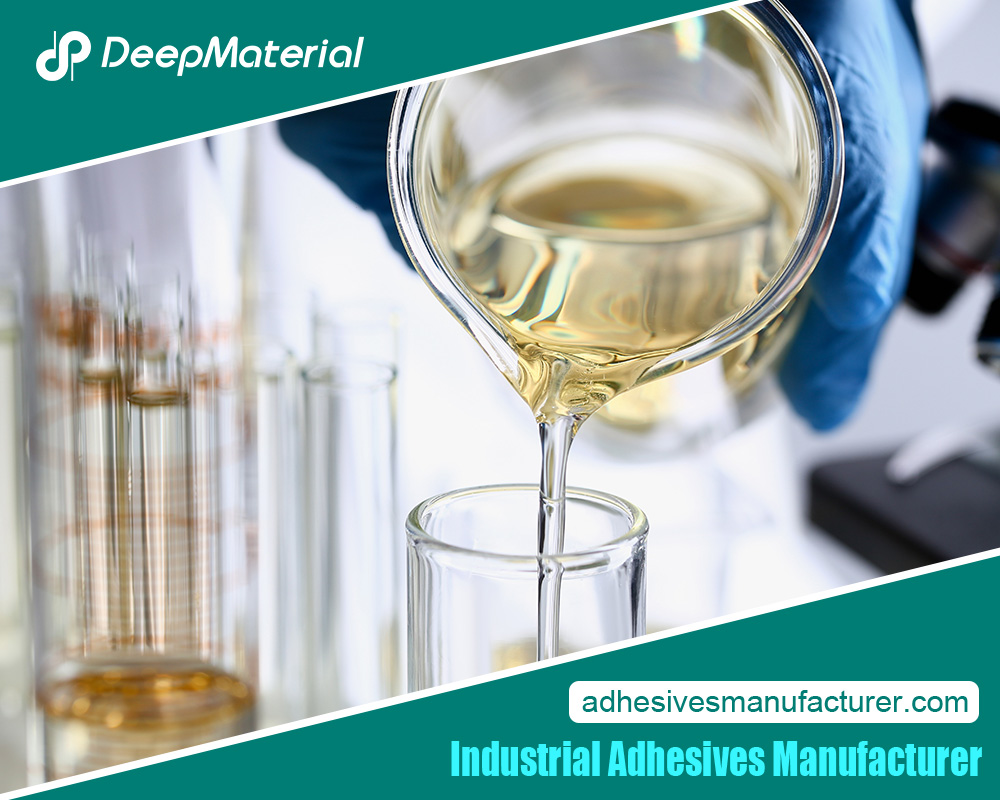 Embracing Automation and Digitalization
Embracing Automation and Digitalization
The industrial adhesives industry has also been shaped by the broader trends of automation and digitalization sweeping through manufacturing. Adhesive manufacturers have adapted by integrating advanced technologies into their products and services. One notable example is the integration of intelligent, connected adhesive application systems. These systems, often incorporating sensors and data analytics, allow for real-time monitoring of adhesive applications, quality control, and process optimization.
This not only improves productivity and efficiency but also enables manufacturers to track better and ensure the reliability of their adhesive bonds. Furthermore, adhesive manufacturers have leveraged digital platforms to enhance customer support and streamline the selection and ordering process. Online tools, such as adhesive selection guides and product configurators, empower customers to quickly identify the most suitable adhesive solutions for their specific applications.
Sustainability and Environmental Responsibility
As environmental concerns have gained prominence, the industrial adhesives industry has also responded by prioritizing sustainability and ecological responsibility. Manufacturers have invested in developing adhesives with reduced environmental impact, such as those with lower volatile organic compound (VOC) emissions, increased recyclability, and bio-based or recycled raw materials.
These “green” adhesive solutions address the growing demand for eco-friendly products and align with the sustainability goals of many industries. Additionally, adhesives manufacturers have implemented various initiatives to improve their operations’ overall environmental footprint. This includes the adoption of energy-efficient manufacturing processes, the implementation of waste reduction and recycling programs, and the pursuit of certifications like ISO 14001 for environmental management.
Mergers, Acquisitions, and Globalization
The industrial adhesives industry has witnessed significant consolidation and globalization in recent years. Major players have engaged in strategic mergers and acquisitions to expand their product portfolios, enhance their technological capabilities, and strengthen their global presence. These consolidation efforts have enabled adhesives manufacturers to offer a more comprehensive range of solutions to their customers, catering to diverse industry needs. Additionally, the global expansion of these companies has allowed them to serve multinational customers better and capitalize on emerging market opportunities.
Navigating Regulatory Challenges
The industrial adhesives industry operates within a complex regulatory landscape, with various national and international standards governing these products’ performance, safety, and environmental impact.
Adhesive manufacturers must closely monitor and comply with evolving regulations related to volatile organic compound (VOC) emissions, hazardous materials, and product certifications. Navigating these regulatory requirements has become a critical aspect of the industry, as non-compliance can result in significant penalties and reputational damage.
To address these challenges, adhesives manufacturers have invested in robust quality control systems, extensive testing capabilities, and dedicated regulatory compliance teams. This ensures that their products meet the necessary standards and certifications, enabling them to maintain their competitive edge in the market.
How Are Industrial Adhesives Manufactured
Industrial adhesives are manufactured through a series of specialized processes that involve formulation, application, and curing. Here is an overview based on the provided sources:
- Formulation: Industrial adhesives are formulated by combining various raw materials to create a bonding agent with specific properties suited for different applications. These raw materials can include resins, solvents, additives, and curing agents. The formulation process is crucial as it determines the adhesive’s strength, flexibility, curing time, and other performance characteristics.
- Application: Once the adhesive is formulated, it is applied to the surfaces that need to be bonded. The application methods can vary depending on the adhesive type and the bonded materials. Standard application techniques include automated adhesive processing, nozzle application, tape application, and polymer potting for electronic components.
- Curing: Adhesives cure or harden through either the evaporation of solvents or chemical reactions between the adhesive components. This curing process is essential for the adhesive’s full strength and durability. The curing time and conditions can vary based on the type of adhesive being used.
- Quality Control: Quality control measures are implemented throughout manufacturing to ensure the adhesive meets the required standards and specifications. This includes testing the adhesive’s properties, such as strength, viscosity, and curing characteristics, to guarantee consistent quality and performance.
- Specialized Equipment: Industrial adhesives manufacturers utilize specialized equipment for various production stages. This includes dispensing systems, mixers, nozzles, and other application tools to ensure precise and efficient adhesive application.
- Customization and Prototyping: Manufacturers often work closely with customers to develop customized adhesive solutions tailored to specific needs. This can involve setting up prototype adhesive bonding or series production to demonstrate how the adhesive will perform in the customer’s manufacturing processes.
Manufacturing industrial adhesives involves a meticulous formulation, application, curing, quality control, and customization process to meet the diverse bonding requirements of different industries.
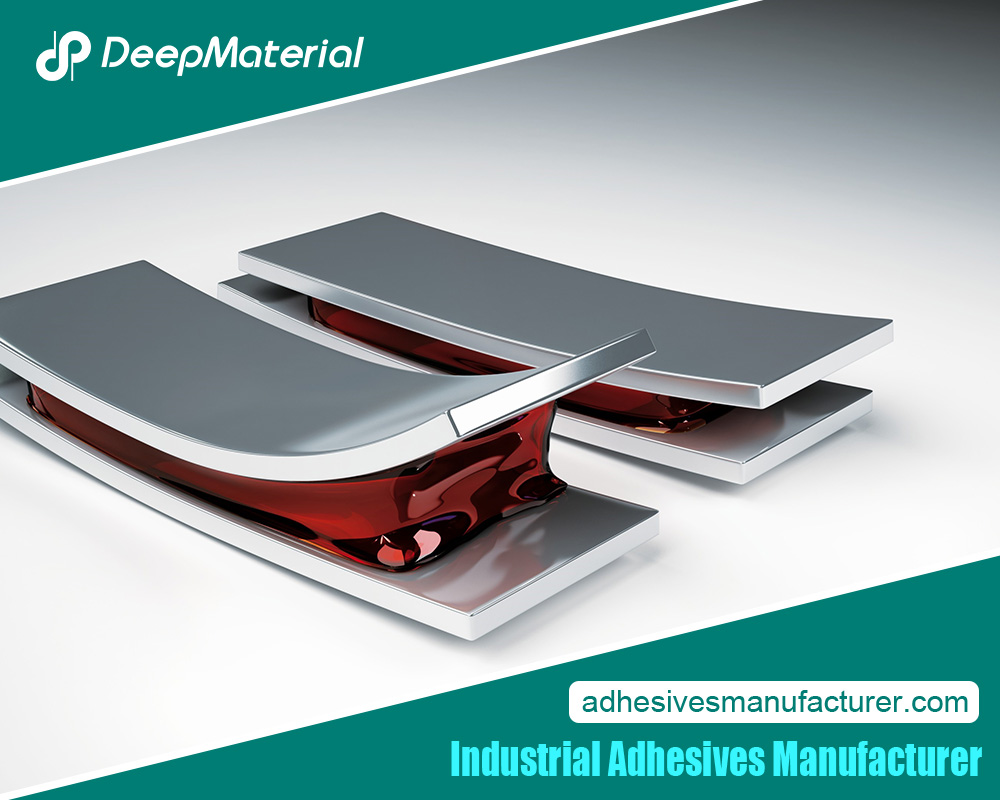 The Future of Industrial Adhesives
The Future of Industrial Adhesives
As the manufacturing landscape continues to evolve, the industrial adhesives industry is poised to play an increasingly vital role. Adhesive manufacturers are expected to refine their product offerings further, focusing on developing even more specialized, high-performance, and environmentally responsible solutions.
Key areas of focus for the future include integrating advanced materials, such as nanocomposites and smart adhesives, which can offer enhanced properties like self-healing, shape-memory, and responsive capabilities. Additionally, the continued emphasis on sustainability will drive the development of adhesives with improved recyclability, biodegradability, and renewable raw materials.
Moreover, integrating Industry 4.0 technologies, such as the Internet of Things (IoT), artificial intelligence, and predictive analytics, will enable adhesives manufacturers to optimize their production processes, enhance quality control, and provide more comprehensive customer support. This digital transformation will be crucial in helping the industry adapt to the evolving needs of its customers and maintain a competitive edge in the global market. In conclusion, the industrial adhesives industry has undergone a remarkable transformation over the past two decades, driven by the need for specialized, high-performance, and environmentally responsible solutions.
Adhesive manufacturers have risen to the challenge, continuously innovating and adapting to the changing demands of their customers across diverse industries. As the manufacturing landscape continues to evolve, the role of industrial adhesives is poised to become even more critical, positioning the sector as a key enabler of modern, sustainable, and efficient production processes.
For more about the evolving world of industrial adhesives manufacturers, you can pay a visit to Deepmaterial at https://www.adhesivesmanufacturer.com/ for more info.

